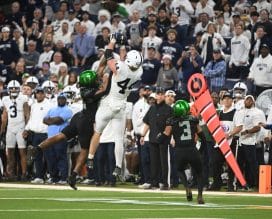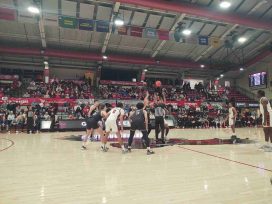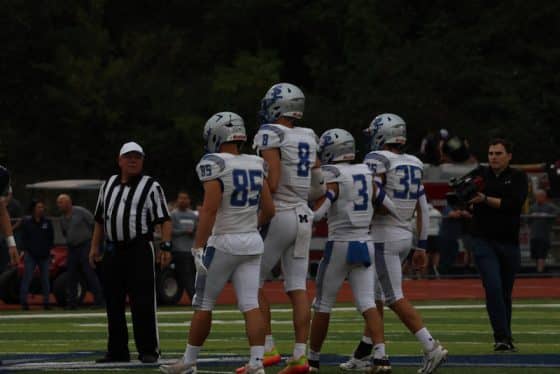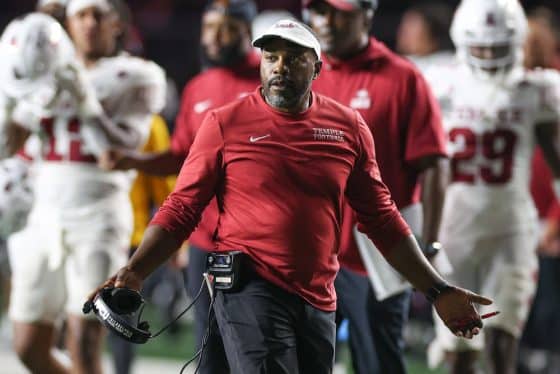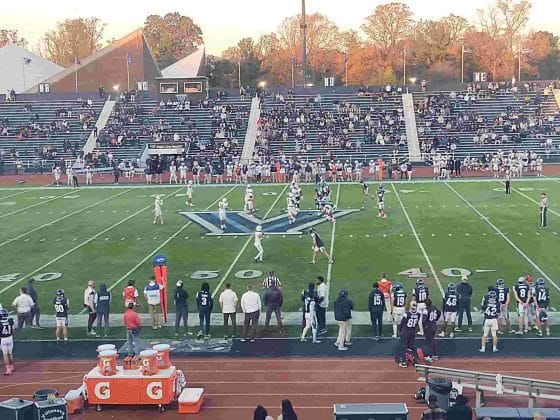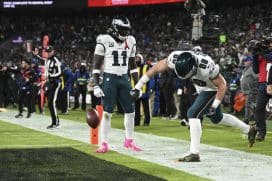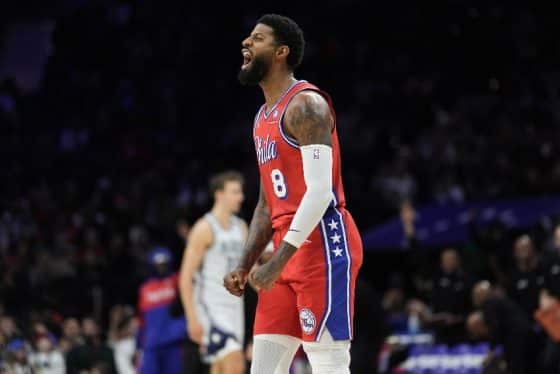Uncategorized
Training Starts Early For Chris Polk
Chris Polk is already gearing up for the 2014 campaign, and hopes it is a follow up to his strong sophomore year. (Image courtesy of GCobb.com)
Chris Polk’s offseason has already begun.
The second-year running back recently underwent surgery on his shoulder. The injury, which occurred during week six against the Tampa Bay Buccaneers, held the back out of action for their week seven tilt against the Dallas Cowboys.
With his most recent shoulder surgery now in the past, Polk can now focus on rehabbing and battling Bryce Brown for the backup running back position behind LeSean McCoy.
Polk has taken an interesting journey to find himself in the battle for number two running back. While he was considered a standout rusher for the University of Washington, Polk was also plagued by injuries during his college career.
In 2008, as a freshman, Polk played in two games before dislocating his left shoulder and missing the rest of the season. In 2009, he suffered a torn labrum, resulting in his second surgery on his left shoulder. During his redshirt junior season, the running back suffered a knee injury that resulted in surgery prior to the start of the season, but was able to suit up for every game and totaled over 1,800 yards from scrimmage and 16 touchdowns, including rushing for 1,488 yards and 12 scores.
A nagging shoulder injury and the thought that the injury could be degenerative caused the Washington alumnus to go undrafted in the 2012 draft, despite being projected as a second or third round selection.
Ranked as the one of the best undrafted players, the Eagles quickly swooped in and signed the running back to a three-year deal, even though they had also drafted fellow running back Brown in the seventh round.
The California native’s rookie season was one to forget. Polk was active for only seven games, as he battled through a litany of injuries, including nagging foot and ankle injuries
With a new coaching staff came a new Polk. Already praised for his receiving ability, the running back spent the offseason getting into better shape by dropping 10 pounds and improving his blocking.
In training camp, it appeared as though he could unseat the incumbent Brown for back up duties. Brown would hold onto the job, but not for long.
As McCoy led the league in rushing yardage and attempts, Polk would begin to steal snaps from Brown as the season wore on, including a 50-yard, one touchdown performance in the snow versus the Detroit Lions.
Polk finished his sophomore year in the NFL with an 8.9 yards per carry average and three touchdowns. What’s more impressive? Of the eleven carries he received during the year, five of those went for first downs, as the new and improved running back was not afraid to barrel through the line of scrimmage and initiate contact.
So what is in store for Polk in his third NFL season?
There is a trend in the NFL that the league’s leading ball carrier tends to have a down year. Will Chip Kelly look to reduce McCoy’s attempts after leading the league in 2013? Could more of a timeshare be in store for McCoy? And if so, will Polk be the guy to benefit from this?
The Eagles offense revolves around a running back that can be multi-dimensional. With Polk’s attributes, he could be in running for more playing time…if he can stay healthy.
Hal Greenblatt covers the Eagles for Eagledelphia. Follow him on Twitter: @HMGreenblatt




